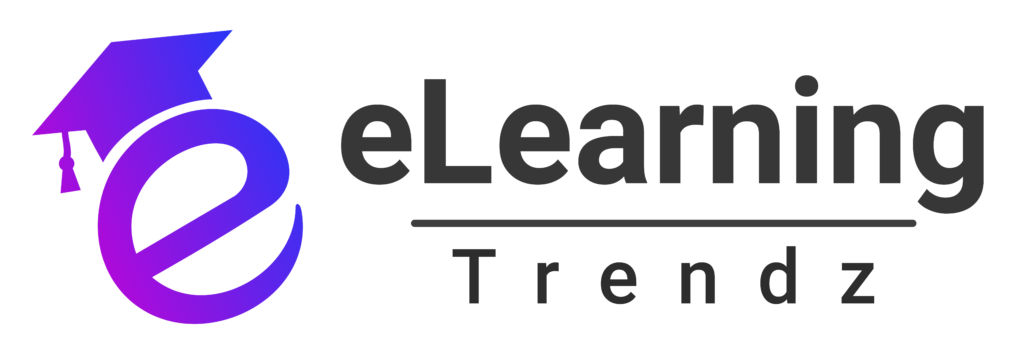Corporate training is an integral part of business success, helping organizations upskill their workforce, improve productivity, and stay competitive. However, as companies grow and technology evolves, traditional training methods are no longer sufficient. Businesses require scalable business learning platforms to future-proof their corporate training efforts.
Scalability in training ensures that businesses can meet learning demands efficiently, regardless of company size or location. A robust learning platform supports continuous improvement, adapts to industry trends, and enhances employee engagement. In this article, we explore why corporate training needs scalable solutions and how businesses can leverage them for long-term success.
The Need for Scalable Corporate Training
- Workforce Expansion and Globalization
As businesses expand, training needs increase exponentially. Scaling corporate training ensures that employees across different geographies receive consistent learning experiences. A cloud-based learning management system (LMS) allows for seamless training across multiple locations, eliminating geographical constraints.
- Evolving Skill Requirements
Industries are constantly changing due to technological advancements, automation, and digital transformation. Organizations must invest in scalable training programs that quickly adapt to new skills and competencies. Traditional training programs struggle to keep up with these shifts, making scalability essential for future-proofing corporate training.
- Cost-Efficiency
Implementing scalable corporate training helps reduce costs associated with in-person training, travel expenses, printed materials, and instructor fees. Online learning platforms eliminate logistical burdens while ensuring standardized training materials across all employees.
- Employee Engagement and Retention
Continuous learning fosters employee engagement and retention. Scalable training platforms offer personalized learning experiences, gamification, and interactive modules to enhance knowledge retention and motivation. Employees are more likely to stay with organizations that invest in their professional development.
Key Features of a Scalable Business Learning Platform
- Cloud-Based Learning Management System (LMS)
A cloud-based LMS allows businesses to scale training programs without requiring significant infrastructure investment. It enables employees to access training materials anytime, anywhere, ensuring flexibility and convenience.
- AI-Powered Personalization
Artificial intelligence (AI) enhances corporate training by providing personalized learning paths based on an employee’s role, experience, and performance. AI-driven insights help businesses tailor training programs to individual needs, improving efficiency and effectiveness.
- Microlearning Modules
Employees prefer short, engaging learning sessions over lengthy courses. Microlearning modules break down complex concepts into bite-sized lessons, making training more effective and manageable.
- Gamification and Interactive Learning
Gamified learning increases engagement by incorporating leaderboards, quizzes, badges, and challenges. Interactive training methods improve knowledge retention and application.
- Mobile Accessibility
A scalable corporate training platform should be mobile-friendly, allowing employees to access learning materials on smartphones and tablets. Mobile learning fosters a culture of continuous development, making training accessible even on the go.
- Analytics and Reporting
Advanced analytics provide valuable insights into employee progress, knowledge gaps, and training effectiveness. Real-time reporting tools help HR and L&D teams measure training impact and make data-driven decisions for improvement.
- Integration with Business Tools
Seamless integration with HR software, performance management systems, and communication tools ensures that training aligns with business objectives. Automated tracking and reporting enhance efficiency and reduce manual effort.
Implementing a Scalable Corporate Training Strategy
- Assess Training Needs
Begin by evaluating your organization’s training needs. Identify skill gaps, regulatory requirements, and employee learning preferences to create a structured training plan.
- Choose the Right Learning Platform
Select a scalable LMS that aligns with your business objectives. Consider factors such as user-friendliness, customization options, AI capabilities, and integration features.
- Develop Engaging Content
Content should be concise, interactive, and aligned with real-world applications. Utilize videos, case studies, simulations, and scenario-based learning to enhance engagement.
- Leverage AI and Automation
Use AI-powered learning recommendations and automated course assignments to streamline training efforts. Automation reduces administrative workload and enhances efficiency.
- Encourage Continuous Learning
Create a learning culture by encouraging employees to participate in certifications, mentorship programs, and peer learning. Recognize and reward learning achievements to motivate employees.
- Monitor and Optimize
Regularly analyze training data to assess employee performance, content effectiveness, and completion rates. Use insights to refine training programs and ensure continuous improvement.
Benefits of Scalable Corporate Training Platforms
- Improved Employee Performance
Scalable training empowers employees with up-to-date knowledge and skills, leading to better performance and productivity.
- Increased ROI on Training Investments
Automated and digital learning solutions reduce training costs while ensuring high engagement and knowledge retention.
- Faster Onboarding Process
New hires benefit from structured onboarding programs that introduce them to company policies, processes, and job responsibilities efficiently.
- Compliance and Standardization
A centralized training system ensures that all employees receive consistent training, maintaining compliance with industry regulations and corporate policies.
- Agility and Future-Readiness
Scalable training platforms adapt to market changes, industry trends, and evolving business needs, ensuring companies remain competitive.
Conclusion
Investing in a scalable business learning platform is crucial for future-proofing corporate training. Organizations that embrace scalable training solutions benefit from enhanced efficiency, employee engagement, cost savings, and improved performance. With cloud-based LMS, AI-driven personalization, mobile accessibility, and analytics, businesses can create a learning ecosystem that evolves with their needs.
As the corporate world continues to transform, scalable corporate training is no longer an option but a necessity. Businesses that prioritize continuous learning will thrive in an ever-changing landscape, securing long-term success and growth.
Ready to future-proof your corporate training? Explore scalable business learning platforms today and stay ahead in the competitive market!










